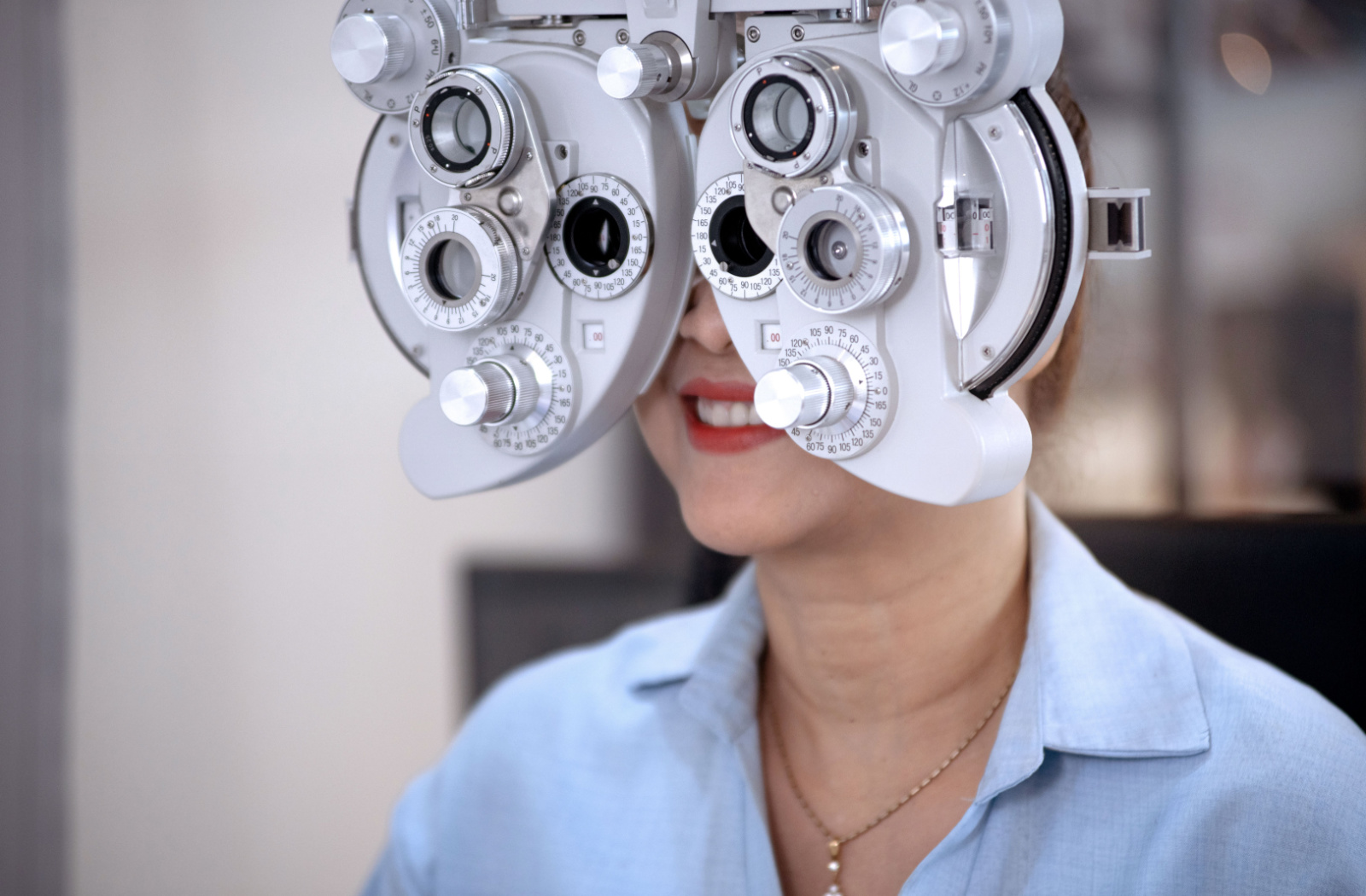All Categories
Featured
Table of Contents
Eye health is a crucial element of overall health, and routine eye tests play a crucial duty in preserving great vision throughout life. Each age has certain requirements and threats connected to eye wellness, making it necessary to follow tailored recommendations for eye examinations. Below's a thorough summary of how usually eye tests need to be arranged for various age groups.
After the initial exam, children need to have a second eye evaluation around age three, when they can better take part in screening and analysis. If no vision problems are determined, the following exam is recommended before starting school, usually around age 5. Early discovery of problems can bring about timely treatment and assistance healthy and balanced visual advancement.
Parents must look for indications of vision troubles, such as problem reviewing the blackboard, squinting, or suffering migraines. It's important to schedule an eye exam promptly if any of these signs and symptoms occur. Kids that participate in sports may profit from yearly eye exams to make certain optimal aesthetic performance and safety during activities.
![]()
Young people commonly experience digital eye strain as a result of comprehensive screen time, bring about signs like dry skin and pain. Seeking an eye exam is important if you discover these signs. An eye care specialist can offer remedies, such as computer glasses or way of living modifications, to relieve strain.
For individuals with health conditions like diabetes mellitus or high blood stress, even more frequent exams may be essential. Routine tracking is necessary for early detection and monitoring of potential problems that can influence vision.
Elders may likewise experience modifications in their visual understanding, such as trouble seeing in low light or identifying colors. Routine eye tests permit prompt treatment and aid maintain freedom and lifestyle.
Babies (0-2 Years)
Infants undergo substantial visual advancement in their very early years, making very early eye examinations important. The American Academy of Pediatrics suggests that children have their first eye exam at regarding six months of age. This preliminary check out helps identify any potential vision troubles, such as strabismus (gone across eyes) or congenital cataracts, which can influence development if not addressed early.After the initial exam, children need to have a second eye evaluation around age three, when they can better take part in screening and analysis. If no vision problems are determined, the following exam is recommended before starting school, usually around age 5. Early discovery of problems can bring about timely treatment and assistance healthy and balanced visual advancement.
Children (3-18 Years)
For school-aged children, regular eye tests are crucial for both scholastic success and basic health. Kids need to have their eyes examined every one to 2 years, relying on their specific requirements. Colleges frequently perform vision testings, yet these do not change extensive eye exams by an eye treatment expert.Parents must look for indications of vision troubles, such as problem reviewing the blackboard, squinting, or suffering migraines. It's important to schedule an eye exam promptly if any of these signs and symptoms occur. Kids that participate in sports may profit from yearly eye exams to make certain optimal aesthetic performance and safety during activities.
Young Person (19-39 Years)
Throughout young adulthood, several individuals enjoy relatively steady vision, however that doesn't imply eye treatment can be ignored. Young adults ought to set up extensive eye tests every two years. Those that use contact lenses or have a household background of eye disease ought to consider annual tests.
Young people commonly experience digital eye strain as a result of comprehensive screen time, bring about signs like dry skin and pain. Seeking an eye exam is important if you discover these signs. An eye care specialist can offer remedies, such as computer glasses or way of living modifications, to relieve strain.
Grownups (40-64 Years)
As individuals enter their 40s, adjustments in vision can end up being much more apparent, specifically presbyopia, a problem that makes it challenging to focus on close things. Grownups in this age group must set up eye examinations each to two years. This is additionally the age when several eye illness, such as glaucoma and diabetic person retinopathy, can start to create.For individuals with health conditions like diabetes mellitus or high blood stress, even more frequent exams may be essential. Routine tracking is necessary for early detection and monitoring of potential problems that can influence vision.
Senior Citizens (65 Years and Older)
Senior citizens go to an enhanced danger for different eye conditions, consisting of cataracts, age-related macular deterioration, and glaucoma. It's suggested that people matured 65 and older have an eye exam a minimum of annually. Early detection of these conditions is essential, as several can be dealt with properly if caught early.Elders may likewise experience modifications in their visual understanding, such as trouble seeing in low light or identifying colors. Routine eye tests permit prompt treatment and aid maintain freedom and lifestyle.
Conclusion.
Prioritizing eye treatment and normal exams ensures that individuals can appreciate clear vision and a far better high quality of life, making eye health an essential aspect of lifelong wellness. Normal assessments with an eye care expert will lead the means for much healthier eyes and a brighter future.Table of Contents
Latest Posts
Selecting the Right Location: What to Consider for Wedding Events, Conferences, and Occasions
Published en
1 min read
Picking the Right Location: What to Consider for Wedding Celebrations, Conferences, and Occasions
Published en
1 min read
A Luxurious Escape: The Claridge Indoor Swimming Pool
Published en
1 min read
More
Latest Posts
Selecting the Right Location: What to Consider for Wedding Events, Conferences, and Occasions
Published Mar 20, 25
1 min read
Picking the Right Location: What to Consider for Wedding Celebrations, Conferences, and Occasions
Published Mar 17, 25
1 min read
A Luxurious Escape: The Claridge Indoor Swimming Pool
Published Feb 12, 25
1 min read